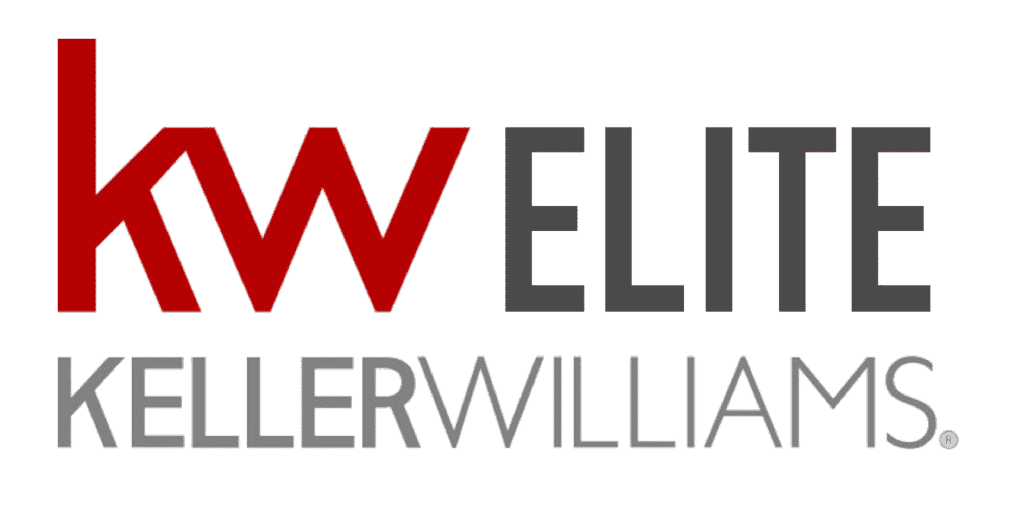Every industry has its own lingo and acronyms. As an outsider or newbie, these can be hard to understand. In real estate investing, there are several terms and phrases that you may come across and not understand, especially if you are new to the investment side of real estate. While there is a long list of investing terms to cover, knowing the basics will help you to get started. Here is a look at the most commonly used investment terms and what they mean.
- Rental Property
This one is at the top of the list, because it is the most common term used and is easily understood, even by outsiders who are not in real estate investing. Rental Property refers to the type of property where the owner receives some kind of payment (typically from the occupant or renter), in return for the use of the space. Generally, these payments are received on a monthly basis.

2. Short-Term VS Long-Term Rental
A Short-Term Rental can easily be described as a property being used for short-term use, such as an Airbnb. These properties are generally furnished and offer short-term rental agreements. Long-Term Rental refers to a type of investment property that is purchased with the intention of renting it out to occupants for long-term use (typically one month or longer), whether it’s a home, a room for rent, or a commercial space. Long-Term investing is the most common form of real estate investing.
3. Equity
For investors looking to build wealth through real estate, equity is key to financial gain. Equity refers to the difference between the present market value of the property and the amount owed on the property’s mortgage. Equity is earned over time as the mortgage is reduced payment-by-payment and as market value appreciates, increasing the value of the property.
4. Rental Income
Now that you know a little more about investing and rentals, the term Rental Income might seem obvious to you. Rental Income is the money (or income) paid to the landlord (or owner of the property) by the tenants or occupants of the property.
5. Cash Flow
While Equity is important, cash flow may be more vital to you as an investor. Cash Flow refers to the amount of money leftover month-to-month after utilities and operating expenses have been paid by the landlord. If expenses are higher than the amount paid by the tenants, you will earn negative cash flow. Ideally, you will want to see positive cash flow on a regular basis.
6. Hard Money Loan
A hard money loan is an asset-based loan provided by private investors or organizations. Typically, they are quick to fund, but will have higher interest rates compared to a conventional loan.

7. Net Operating Income (NOI)
Net Operating Income refers to the amount of money earned (or net) at the end of the year or lead term. Ideally, after all expenses have been paid, you’ll want to see profit (NOI). Property expenses may include property taxes, property management fees, utilities, and more.
8. Cash on Cash Return
Cash on Cash Return is the ratio of annual cash flow before taxes to the total cash invested. This metric allows an investor to assess their cash flow.
9. Cap Rate
Cap Rate, or Capitalization Rate, is the ratio of net operating income produced by an investment property to its capital cost or current market value. This is one of the few terms that refer directly to the rate of return expected from an investment property.
10. Internal Rate of Return
Internal Rate of Return refers the current value of all future cash flows produced by an investment property minus the initial investment required to buy the property. Essentially, the Internal Rate of Return will allow you to assess the term of your investment and whether or not it is a positive or negative investment opportunity.
11. Multi-Family Vs Single Family
The term Single-Family may be familiar to you, even if you are not in the world of investing. However, the term Multi-Family may be new! Multi-Family refers to a type of home where the build was designed to house more than one family, with separate live-in-quarters. For example, apartments, duplexes, and townhomes can each be considered multi-family. Single-Family refers to a free-standing residential building where, ideally, only one family is able to inhabit the home.
Now that we have reviewed the list of the most common real estate investing terms, you’re on your way to becoming an investing expert!
If you are thinking about getting into real estate investing, have questions about an investment property you are prospecting or want to discuss how Furner Realty Group can help you to make SMART investment decisions, give a member of our team a call. We would be happy to help!








